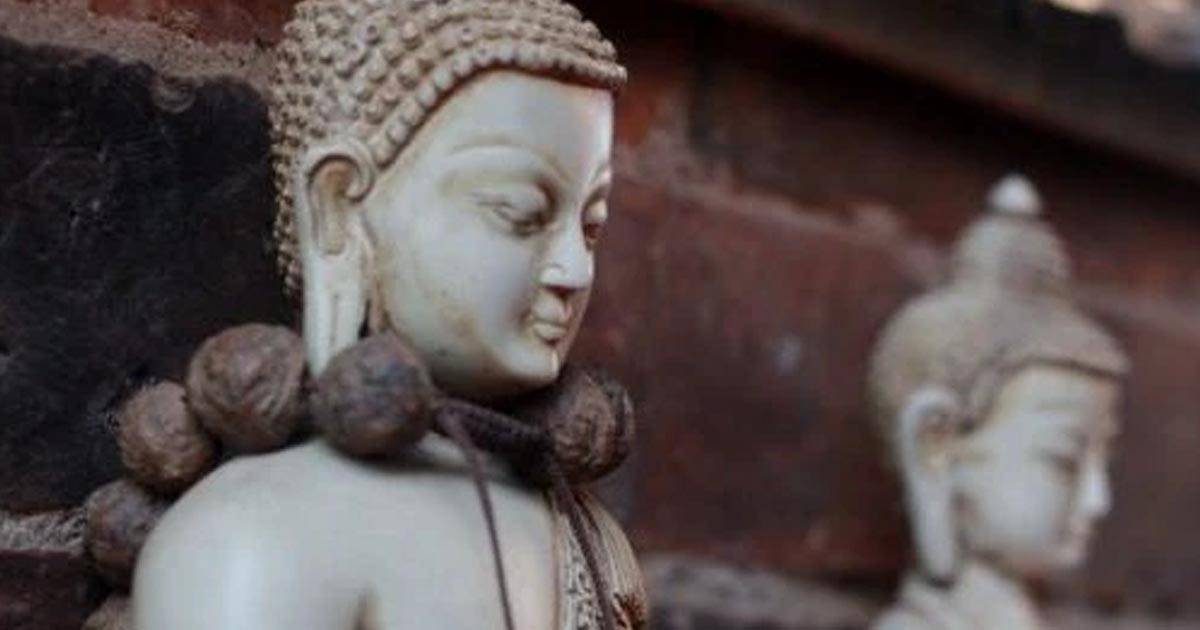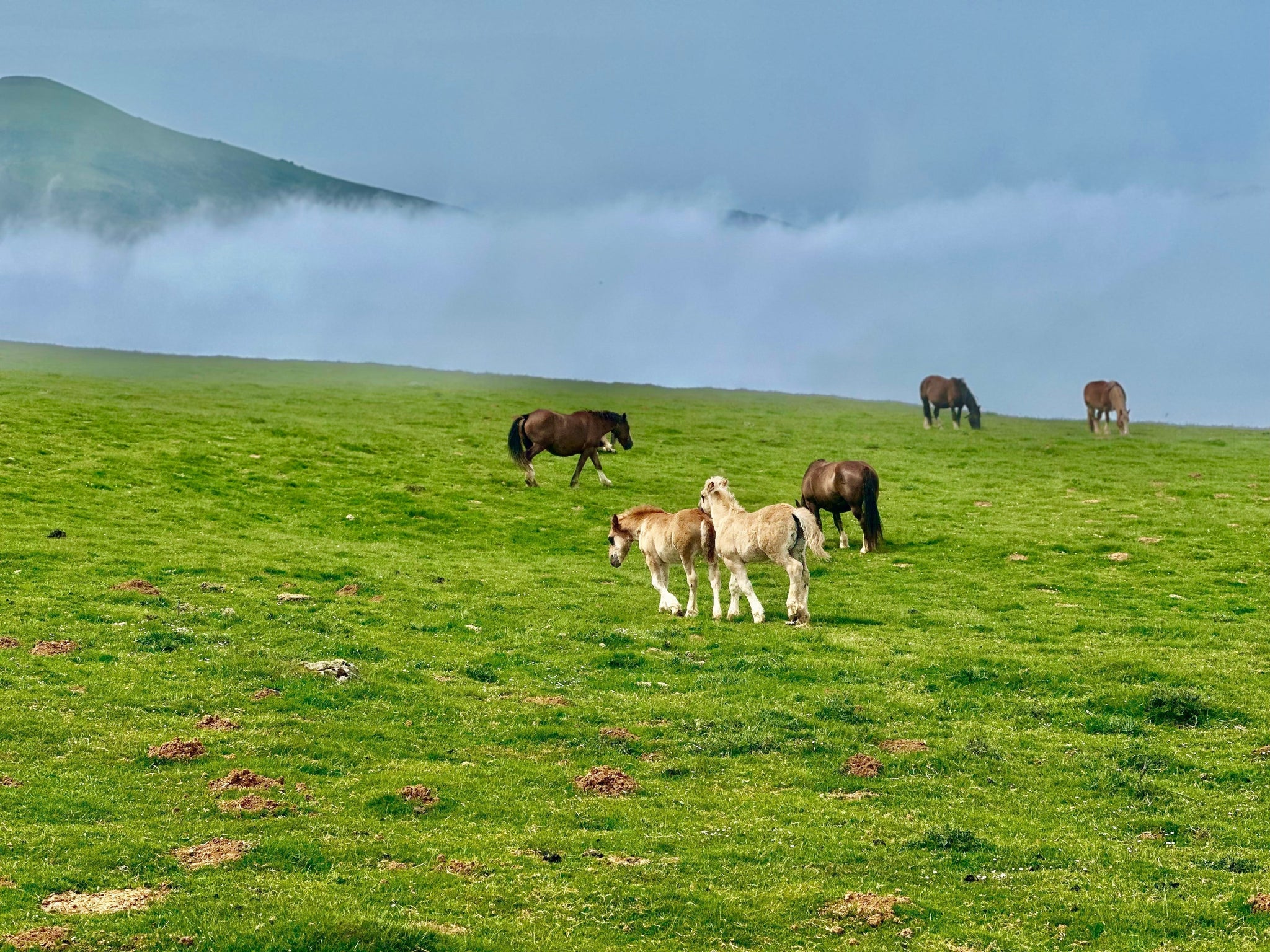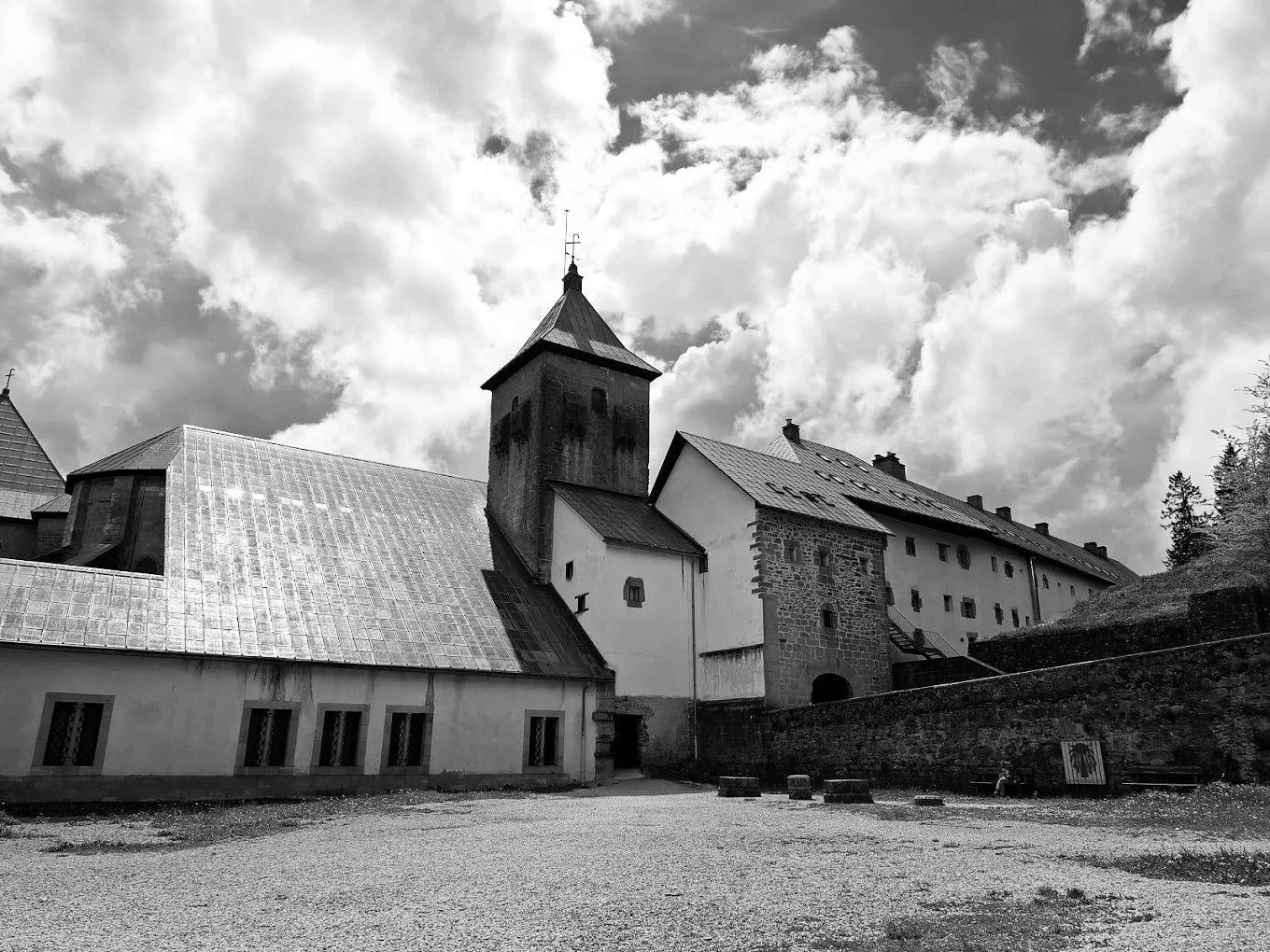"Our greatest joy is lived in deep, loving and generous relationships with others." — Dalai Lama

*This is the 4th (and final) installation in a series of posts. If you missed the first, you can find it here and follow along with each subsequent post.
I’ve been slightly delayed getting winter tires onto my car this year—one blustery storm already gone past presenting Jonah with a premature opportunity to inquire about sleeping outside in his igloo this winter.
Igloos are warm!
Autumn passed by in a flash like the view from a bullet train on a rural railway, unwilling to slow for the seasonal chores to get done. A rush of dark peach, red wine and shimmery gold went surging across the landscape in a flood of cascading leaves hidden from the dull palette of a dreary hospital room where I spent several weeks in October with my mother.
It’s a strenuous task rolling the second set of wheels up the steep stairs from the basement through the garage and lifting them into the back of my car so they can be switched-out for the season.
Last year Jonah had grown strong and sturdy enough to become my partner in the lifting—he enjoyed discovering how he could lift me, too.
We stood facing each other behind my car, the tire positioned vertically between us. I had urged him but was reminding myself as well, use your legs not your back and counted one, two, down (this is where we were supposed to bend our knees and engage our legs) up!
We gave the tire a little bounce to create momentum lifting it into the spot where I once spilled a blueberry pie fresh from the oven—as evidenced by a purple stain.
With all four tires loaded and my lower-back intact, I recognized I had crossed a threshold—my son now officially both willing and able to assist me with physical labor.
Driving through that first storm with my more-slippery tires still on I gripped the steering wheel a little more tightly than usual—trying to stay aligned with the places where other vehicles had already traveled—and made it to an appointment that didn’t end up mattering all-that-much.
It was like entering into retreat to be out in the stillness of the blanketed morning especially in the places filled with trees and where I could drive slowly taking in the quieting display of glimmering light reflecting off all of the snowy surfaces—fields and mailboxes and the slope of the rocky coastline.
I drove beneath an arching row of branches glazed with a billion or so little ice crystals—spread wide across the road as if extended in celebration like a bride’s white-gloved arms outstretched on her wedding day.
Since then we’ve had heavy and unrelenting rains transforming the pristine, white layer into puddles of slush and mud with the occasional remnant of a tall pile of snow pushed aside by a plow melting at a more leisurely pace along with the one last clump of an icy mix where Jonah had begun to build his igloo.
Adrian likes to point out that it isn’t-even-officially–winter, yet—the solstice still a few weeks off. He isn’t taunting so much as being exacting in a way that reflects the precise nature of his mind and how he interprets the world.
I aim to preserve the things he’s come to us with, to allow him to unfold without too much tampering. His impulse toward only-the-facts feels like it might have a purpose one day perhaps coupled with his vision of himself as a cheetah and powerful king.
His voice shouted out through the clearing of woods where he and Jonah were playing snug in their new coats with the orange and red stripes around the chest—a convenient splash of color in a season and state where hunting remains a long-held tradition.
It was nearly dark at 4:30 as I walked swiftly up the pathway—the faint hint of twilight glowing along the edge of the field in the distance.
He must have recognized my silhouette, the gait of my walk. It’s remarkable the number of ways in which we might know a person—the sound of my mother’s charm bracelet getting ready for church, one sister’s voice for her dog, the other’s penchant for telling us what we should eat.
I heard him shout out through the quiet campus to Jonah.
She’s here!
Running toward me he wrapped his arms around my waist and tipped his head back to look up at me. We had met in a place where a light was shining off the side of a building and so I could see his face—delighted, sparkly eyes and cheeks, speckled with mud—like prominent freckles— along with a large splattering of wet sludge on the top of his hood.
I noticed his bare hands and asked where his gloves were. He pointed to a little play house. I walked over to where it was and in the dark I stuck my head into the doorway, feeling for the gloves and finding them—cold and wet.
A few days later we had lunch—just the two of us—at a Japanese restaurant.
In the car on our way there, we played a game in which he drew a circular, cardboard chip out of a bag and read (or spelled out to me) two words. Each chip had a word written on either side.
Hearing and sight.
Surf and turf—this one I had needed to explain to him.
Pumpkin pie and s’mores.
The idea was that you were meant to choose between the two words in order to share in your preferences and ultimately in-yourself with the other person.
We discussed at length about how Adrian would much rather have his hearing intact than his site. He equated being able to hear with his ability to talk and found this to be most important.
He does have a lot to say.
For me, it was—hands-down—my sight that I would keep.
I could not imagine a world in which I would not see the face of the boy in the rear-view mirror again.
Adrian has been coming to the Japanese restaurant since he was an infant asleep in his car-seat and eventually he became an amazing edamame eater there. In a video from when he was about two years old he demonstrates his humble beginnings with this beloved cuisine.
He was working very hard at opening a bowl-full of spring-green pods. His hair was light blond then and curled up at his neck, he wore a navy, rain jacket covered with yellow and green frogs and his face would get all scrunched up in his effort as if he were opening a jar with a really tight lid.
Each time he was able to finally release one of those stubborn beans, he would look up at us—so proud of himself—shouting out in his low-for-his age voice, I di’ it’ agaiiiin!
He did this over and over, relentless in his effort and announcement of his success.
When we entered the restaurant recently, before I could stop him, he bee-lined for the hard-candy wrapped in the shiny paper in a basket by the cashier quickly putting a piece in his mouth and another in his pocket.
It was less-subtle than he thought.
He mirrors the growing independence of his older brother with abandon and there is (almost) no stopping him.
At a point while we were eating, he was on his second pair of chopsticks—the first having fallen to the ground. He was navigating them quite easily but a bit carelessly. I let him know I would not be asking for a third pair if he dropped those.
He grinned at me knowingly.
There was a television over the sushi bar showing alpine ski racing. I was grateful it wasn’t turned to CNN. He looked out of one eye at the screen as he lifted a long udon noodle high up with his chopsticks, tipping his head to one side and slurping it up—little bits of sauce gathering at the corners of his mouth.
I observed him as I ate—taking in his still relative-newness.
We shared a look when in his eagerness he nearly dropped the chopsticks again.
We discussed the skiers—who used their poles more, which countries the flags represented and mostly, the incredible death-defying speed at which they were flying down the mountain.
I thought about what it would be like to watch my own sons ski in that precipitous place and what it would mean if they fell. We talked a little about how dangerous it looked—they were skiing so fast—and I acknowledged in the back of my mind the idea that whatever my children love, I will find my way to encourage.
I commented to the server at the gelato shop next door that I was happy they were using reusable tasting spoons. I had been bothered by the number of plastic utensils a single person could use in figuring out what flavor to choose. He shared that the store intended to switch to entirely compostable bowls and spoons by the end of next year and they were already well on their way.
I suggested we sit on the leather couches toward the back of the room where the Salvador Dali inspired painting depicted the parallels between melting clocks and dripping ice cream.
Adrian chose a leather chair next to the couch and as he consumed sour-cherry gelato mixed with cake-batter—his choice—he began bouncing in his seat to the tempo of the Bob Marley song playing overhead.
Everything’s gonna’ be alright.
As he ate he bounced twice on one side of the wide seat, then twice on the other side and then twice in the middle so he was creating a sort-of-triangle in rhythm with the beat.
I asked him if he could just eat but his ability to slurp up his gelato, bounce, smile and talk all at the same time negated any sense of seriousness from my face along with the impression that he needed to respond to my request.
On one of his bounces, I watched as his spoon flipped out of his hand, landing on the dingy floor. He looked at me sheepishly and with his doe-like eyes asked if I would get him another one.
I considered the irony as I walked to the counter and asked for another, plastic spoon.
When I returned, Adrian began talking about how the polar bears are having to swim further and further to access food in the Arctic. It related to our discussion about composting and was also a part of an ongoing conversation we have in our family around Jonah and Adrian’s vision of one-day building a sanctuary to protect animals and particularly endangered species—not a small dream (or burden) for such young minds to shoulder.
He continued to bounce—new spoon in hand—as he declared that he was going to save the polar bears. Bob Marley sang out his support with the soothing lilt of his song and Adrian didn’t seem burdened at all. He exuded an air of confidence in his belief that he could one-day make a difference in the world.
I thought about The Book of Joy written in-part by The Dalai Lama and Desmond Tutu—the last of the three books that had accompanied me through a recent, difficult time.
In the lens of the moment, Adrian appeared to me as the complete embodiment of joy.
The nature of children and their capacity for presence in play—and desserts—is a powerful place to begin in contemplating what it means to cultivate presence.
The children with whom the Dalai Lama celebrated his 80thbirthday (and whom he described in his book) live like he does—in exile in India away from their homes and families at the Tibetan Children’s Village in Dharamsala. The majority left their homes at age five or six in order to be educated in the Tibetan tradition and will not see their families again until, perhaps, adulthood.
At the celebration, when they described about their journeys, they cried and became completely overwhelmed with emotion. Ultimately, they explained how they had been able to return to joy through the loving care of their teachers and they had learned to take a more expansive view of their lives—recognizing the gift of their education and the ability for their culture to live on through them because of their sacrifice.
I shed many, quiet tears on the flight back home after being with my mother reading these particular stories of suffering —more than in response to any of the many other adversities I had read about (and witnessed) in my recent study of hardship.
The Dalai Lama often speaks about how if he had not been exiled from Tibet—the most dangerous, frightening and sorrowful event of his life—he would not have had the opportunity to spread his message of peace around the world.
Without his struggle, he might have remained a quiet monk in a distant land unconnected from the many lives he has touched.
The sky has been closed up for a few days now and the morning sun radiant casting a wide and warm glow in contrast to the dipping temperatures in the night.
I am on the look-out for snow—for the feeling of peace and the quieting in the air and in my being engendered by its presence. I am checking in on the condition and luminescence of my own heart counting on its warmth—and its wisdom—to sustain me in even the darkest of nights.
Subscribe to my mailing list!
Leave a comment (all fields required)
Comments will be approved before showing up.


